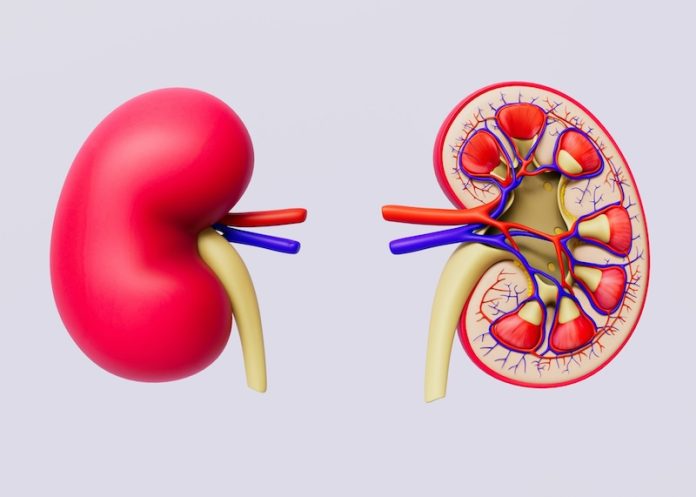
Statin drugs are some of the most commonly prescribed medications in the world. They are used to lower cholesterol and reduce the risk of heart attacks and strokes. For millions of people, statins have been lifesaving.
But as with any medication, there are questions about how they might affect other parts of the body, including the kidneys.
Researchers have studied this connection to understand whether statins protect, harm, or have no significant effect on kidney health. Here’s what we know so far in plain language.
Statins work by blocking an enzyme in the liver that helps make cholesterol. High cholesterol can lead to clogged arteries, increasing the risk of heart problems. By lowering cholesterol levels, statins help prevent these issues.
Because they are so effective at reducing heart disease, many doctors prescribe them for people with diabetes, high blood pressure, or other conditions that increase heart risks. But how do statins affect the kidneys?
Research shows that statins can have both positive and negative effects on kidney health, depending on the situation. One potential benefit of statins is their ability to reduce inflammation and improve blood vessel health.
Since the kidneys rely on a steady supply of blood to filter waste, anything that improves blood flow can help protect the kidneys. Some studies suggest that statins may reduce the risk of kidney damage in people with diabetes or high blood pressure, two major causes of kidney disease.
On the other hand, there are concerns about rare but possible side effects of statins on the kidneys. One of these is a condition called rhabdomyolysis. This occurs when muscle cells break down and release substances into the bloodstream that can overload the kidneys, leading to damage.
While rhabdomyolysis is very rare, it can happen, especially when statins are taken in high doses or combined with certain other medications. People who experience severe muscle pain while taking statins should talk to their doctor immediately.
Another area of concern is whether statins increase the risk of kidney problems after surgery or in people with already low kidney function. Some studies have found that statins might raise the risk of a condition called acute kidney injury (AKI), where the kidneys suddenly stop working properly.
However, these findings are not consistent, and other research suggests that statins may actually lower the risk of AKI in some cases, particularly in people undergoing heart surgery.
For people with chronic kidney disease (CKD), statins are often recommended because they can lower the risk of heart problems, which are common in CKD patients.
However, in people with very advanced kidney disease who require dialysis, the benefits of statins are less clear. Studies show that statins do not seem to significantly reduce heart risks in this group, and they may not be necessary.
Overall, the evidence suggests that for most people, the benefits of statins outweigh the risks, especially for those with high cholesterol and a higher chance of heart disease.
Doctors carefully consider a person’s overall health, kidney function, and risk factors when prescribing statins. It’s important to follow medical advice and report any unusual symptoms, like muscle pain, dark urine, or extreme fatigue, which could signal rare side effects.
Statins remain an important tool for preventing heart disease, and their impact on kidney health is still being studied. While they are not a perfect medication, their benefits for most people are well established.
If you are concerned about how statins might affect your kidneys, talk to your doctor. Together, you can weigh the pros and cons and make the best decision for your health.
If you care about kidney health, please read studies about how to protect your kidneys from diabetes, and drinking coffee could help reduce risk of kidney injury.
For more information about kidney health, please see recent studies about foods that may prevent recurrence of kidney stones, and eating nuts linked to lower risk of chronic kidney disease and death.
Copyright © 2024 Knowridge Science Report. All rights reserved.



